Grounding a Phone Line
tchp
15 years ago
Featured Answer
Sort by:Oldest
Comments (18)
tjdabomb70
15 years agotchp
15 years agoRelated Professionals
Bowling Green General Contractors · Lighthouse Point General Contractors · Panama City General Contractors · Red Wing General Contractors · River Forest General Contractors · Shorewood General Contractors · South Windsor General Contractors · East Brunswick Solar Energy Systems · Elmhurst Solar Energy Systems · Quincy Solar Energy Systems · Allendale Home Automation & Home Media · Goldenrod Home Automation & Home Media · Lenexa Home Automation & Home Media · Pittsburgh Home Automation & Home Media · Yeadon Home Automation & Home Mediawired_lain
15 years agotchp
15 years agowayne440
15 years agobrickeyee
15 years agoguitar42
15 years agosolarpowered
15 years agotjdabomb70
15 years agoHarryTuttle
11 years agoRon Natalie
11 years agolbpod
11 years agoRon Natalie
11 years agobrickeyee
11 years agohrajotte
11 years agoalan_s_thefirst
11 years agoJohn Jewel
8 years ago
Related Stories
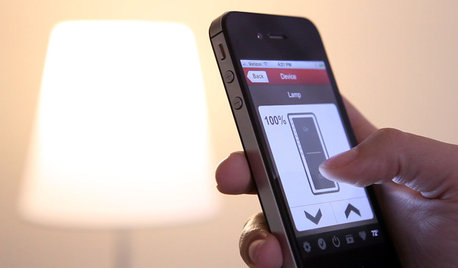
HOME TECHSwitch On the Phone-Controlled Home
Lock your front door from afar, let your thermostat set itself and more when you use your phone as a control device
Full Story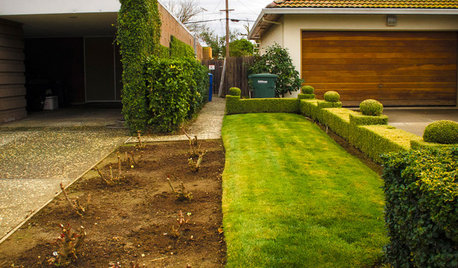
EXTERIORSWhere Front Yards Collide: Property Lines in Pictures
Some could be twins; others channel the Odd Couple. You may never look at property boundaries the same way again
Full Story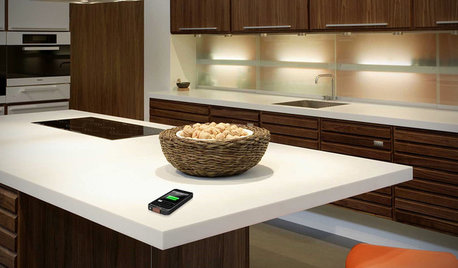
HOME TECHComing Soon: Furniture That Charges Your Phone
Countertops, tables and home appliances with wireless charging capability mean less clutter — and zero effort powering your phone
Full Story
HOME TECH6 Sound Solutions for the iPhone Home
Listen up: An iPhone and one of these stylish audio systems let your music look as good as it sounds
Full Story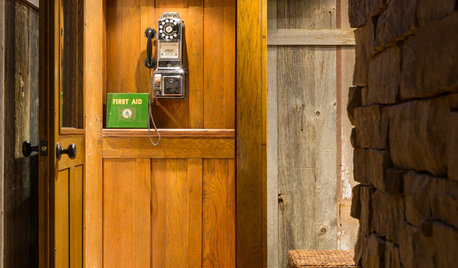
VINTAGE STYLEDial Into Old Phones for Decor With Character
Give a nostalgic nod to the past with vintage telephones, working or not. Booths and sawdust optional.
Full Story
HOME TECHSmart Phones Hold the Keys to Front Doors
Knock, knock. Who's there? A brand-new generation of hardware and app combos that let you play doorman from anywhere
Full Story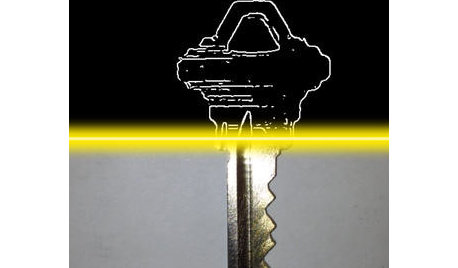
HOME TECHUnlock Your Smart Phone's Front-Door Powers
Take your locks and keys into the digital age with 3 solutions that put convenience and new capabilities on your doorstep
Full Story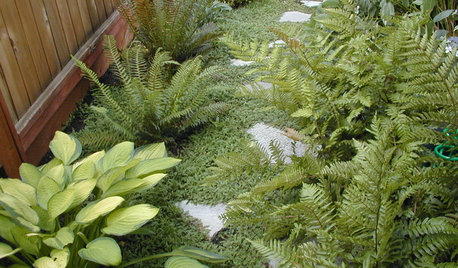
LANDSCAPE DESIGN6 Great Ways With Garden Ground Covers
Use them as problem solvers, weed killers, color and texture providers ... ground cover plants have both practical and visual appeal
Full Story
GARDENING GUIDESGreat Design Plant: Bugle Weed, a Quick Ground Cover
It’s highly adaptable, suppresses weeds, reduces erosion and provide weeks of bright flowers. Just watch for invasiveness
Full Story
GREEN BUILDINGThe Big Freeze: Inventors Break New Ground to Keep Things Cool
Old-fashioned fridges can be energy guzzlers, but there are more eco-friendly ways of keeping food fresh, as these global innovations show
Full StorySponsored
Your Custom Bath Designers & Remodelers in Columbus I 10X Best Houzz
More Discussions









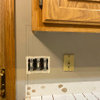

joed